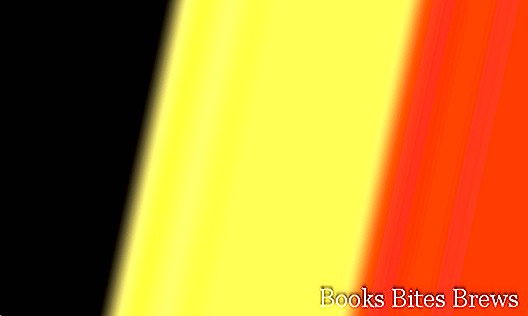Useful information on Belgium, including all the things you need to know, useful for organizing a trip or vacation in this state of Europe bathed by the North Sea.
Belgium in a nutshell
- Capital: Brussels
- Area in sq km: 30,518 sq km
- Population: 10,457,344 (first half 2007)
- Religion: Catholic majority and Protestant, Islamic, Jewish minorities.
Where is it
Belgium is bordered by the Netherlands to the north, Germany and Luxembourg to the east, France to the south and west, and is bathed in the north west by the North Sea.
The coast of the North Sea is low and sandy, characterized by very fertile soils (polders), torn from the sea by banks and locks.
Berso the interior follows a flat region, with numerous rivers (Flanders) or slightly undulating (Brabant and Limburg).
To the south of the valleys of the Sambre and Meuse rivers lies the region corresponding to the Ardennes Massif; a mountainous area where there are deciduous and coniferous forests, with a low altitude (the highest point is the Signal de Botrange m. 694, in the Zittelwald on the border with Germany).
Hydrography
The territory of Belgium is crossed by numerous rivers and canals that are mostly navigable. The main rivers are the Scheldt, which flows into the North Sea after crossing Flanders, its main tributaries are the Lys, the Dendre, the Rupel, the Senne and the Demer, and the other river is the Meuse which winds its way between the reliefs of the Ardennes and continues its path in Holland, its main tributary is the Sambre.
Climate
Belgium's climate is Atlantic, with not very cold winters, cool summers and low temperature fluctuations on the coast and in the flat regions. Rainfall is frequent and uniformly distributed throughout the year.
In the Ardennes, the climatic conditions have more continental characteristics, with harsh, rainy and very often snowy winters.
Population
The two main groups of the population of Belgium are represented by the Flemish (Dutch language) and the Walloons (French language).
There is also a German-speaking minority in the eastern part of the country.
Foreign communities living in Belgium are made up of Italians, Moroccans, French, Dutch, Turks, Spaniards, Germans, British, Portuguese and refugees from the former colony of Congo.
Recommended readings- Belgium: useful information
- Bruges (Belgium): what to see in one day
- Ardennes (Belgium): tourist information
- Brussels (Belgium): what to see in the capital
Time zone
In Belgium the time is the same as in Italy.
Spoken language
In Belgium the languages spoken are: Dutch (Flemish dialect), spoken mainly in the Flanders region, around 60% of the population and French spoken mainly in the Wallonia region, around 40% of the population.
The Brussels region is bilingual. German is spoken by a small minority in the far east of the province of Liege.
English is widespread.
Economy
Various European Union bodies and international institutions are based in the capital Brussels.
Belgium has a very good transport network.
An excellent motorway network, good rail connections and a large port, Antwerp, the second largest port in Europe.
It is one of the founding nations of the European Union and was one of the first to adopt the euro.
The tertiary sector is important: financial services, transport, advertising, entertainment, which contributes to the formation of most of the gross domestic product, followed by the chemical, agri-food, mechanical and energy industry and to a lesser extent by the primary sector.
When to go
The best time to visit Belgium is the warmest months from April to September.
Characteristic of the climate of this country is the variability and sometimes persistent drizzle.
Necessary documents
Italian citizens to enter Belgium are not subject to controls, since they come from the Schengen area (States that are part of the European Union).
However, they must be in possession of a valid identity card or passport, with one of these documents the stay is guaranteed up to 90 days of stay.
Phone
- The international code to call from Italy to Belgium is: 0032
- The international dialing code to call from Belgium to Italy is: 0039
GSM cell phones work regularly.
Electricity
The electric current is 230 V 50 Hz. Sockets type C, E.
Currency
The official currency of Belgium is the euro. ATMs are widespread and credit cards are commonly accepted.
How to get
By air
The airlines Alitalia, Ryanair, Brussels Airlines, easyJet, JetairFly offer direct flights between Italy and Belgium.
Train
There are no direct connections from Italy to Belgium.Itineraries passing through Switzerland, France and Germany are recommended.
pulmann
Connections departing from various Italian cities with Eurolines.
Car
The recommended route from Milan passes through Como-Passo San Gottardo-Lucerne-Basel-Nancy-Metz-Luxembourg-Brussels.




